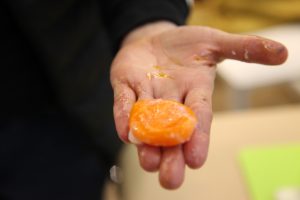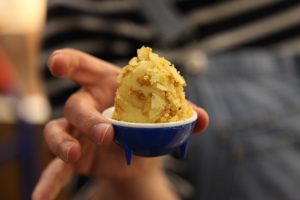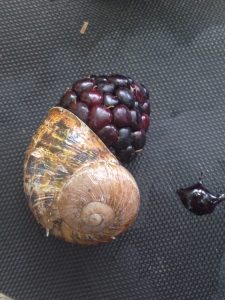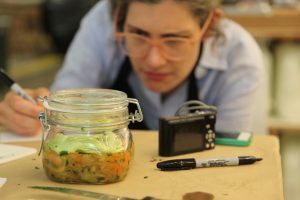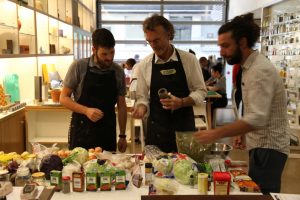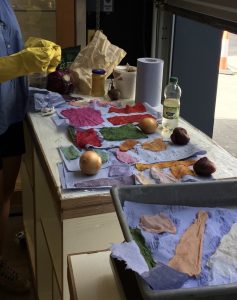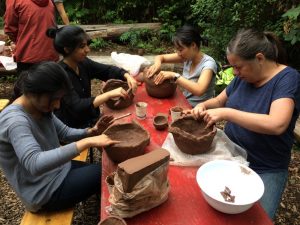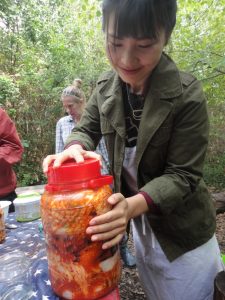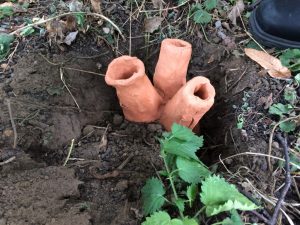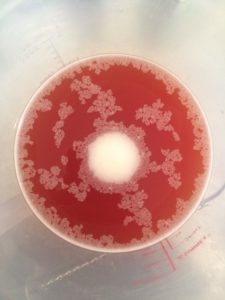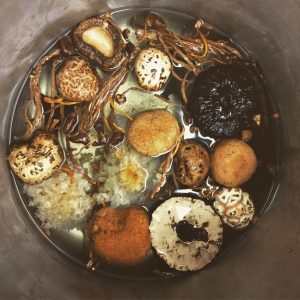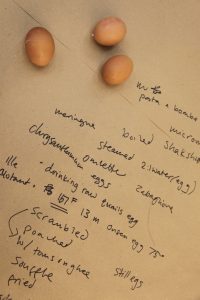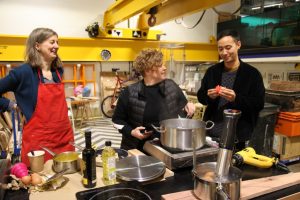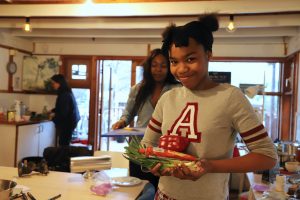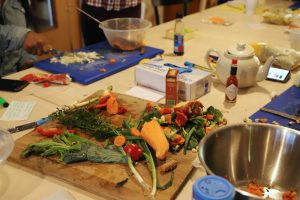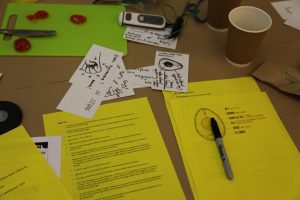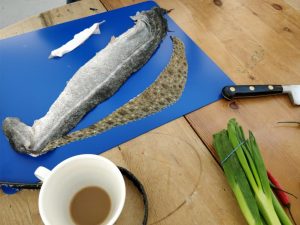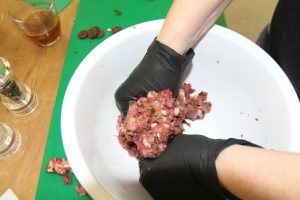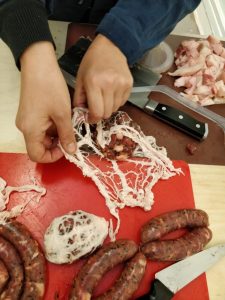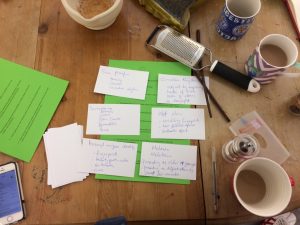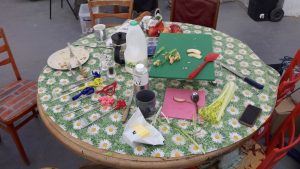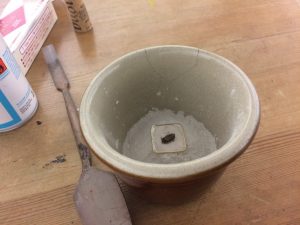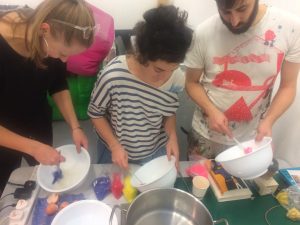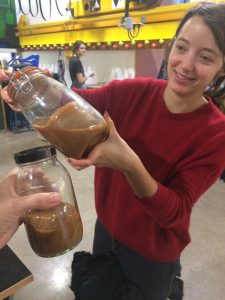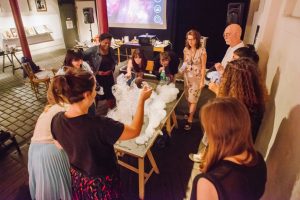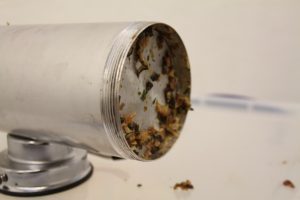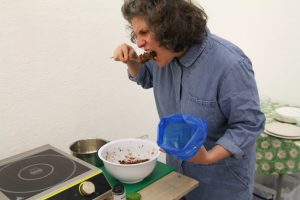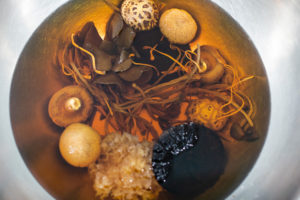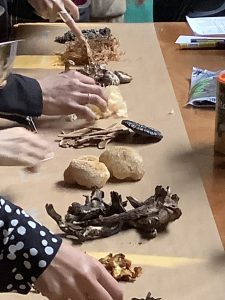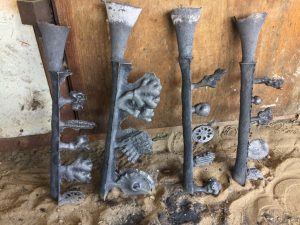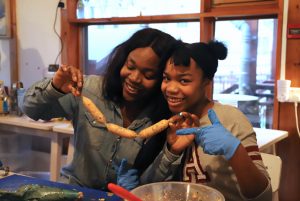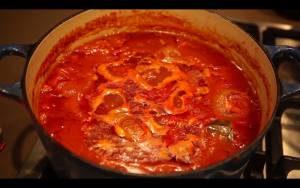Materials Research Kitchen
I am currently doing a full-time practical PhD project. Through a developing art-research practice of making, cooking and eating with people, I want to find out how materials become embodied in our physical and cognitive being, travelling the borders between the body and its environment. The Materials Research Kitchen is a set of tools and methods I have made or used to explore this.
The action takes place across the institutional, corporate and charitable bodies of the Slade School of Fine Art, Institute of Making, UCL, home appliance company BEKO PLC , and various community garden spaces in London and beyond.
This is a study of material communities. It is not about food, but about how food operates as a method and metaphor to gain knowledge about an expanded sense of human-material ecology. The Materials Research Kitchen is a set of tools and methods I have made or used to explore this.
Edible materials are something we all have in common. Whether or not you see yourself as able to comment on materials as used by artists or scientists, we all have opinions about food linked to identity. We develop deep embodied, sensory knowledge about food, its processing and its behaviour from an early age, even if we can’t or don’t cook.
Through art practice, thinking through manipulating and processing materials with others, I am exploring the thesis that we, as humans, are ecologically linked to the rest of the stuff of the world, not only through material and microbe exchange but through extended cognitive processes that incorporate our environment. Our physical, sensory interaction with the material world influences or even determines our thought processes, according to new theories in embodied and distributed cognition. We use our environment to think.
We become other, by ingestion, but I wonder if we also become like other, through a cognitive process of mirroring materials, and mimesis – using material metaphors as structures to think with and to situate ourselves within.
I am interested in listening to materials themselves – paying close attention through our senses, noticing how they act upon us and in the world. Anthropologist Tim Ingold asks:
“What academic perversion leads us to speak not of materials and their properties but of the materiality of objects? It seems to me that the concept of materiality, whatever it might mean, has become a real obstacle to sensible enquiry into materials, their transformations and affordances”
